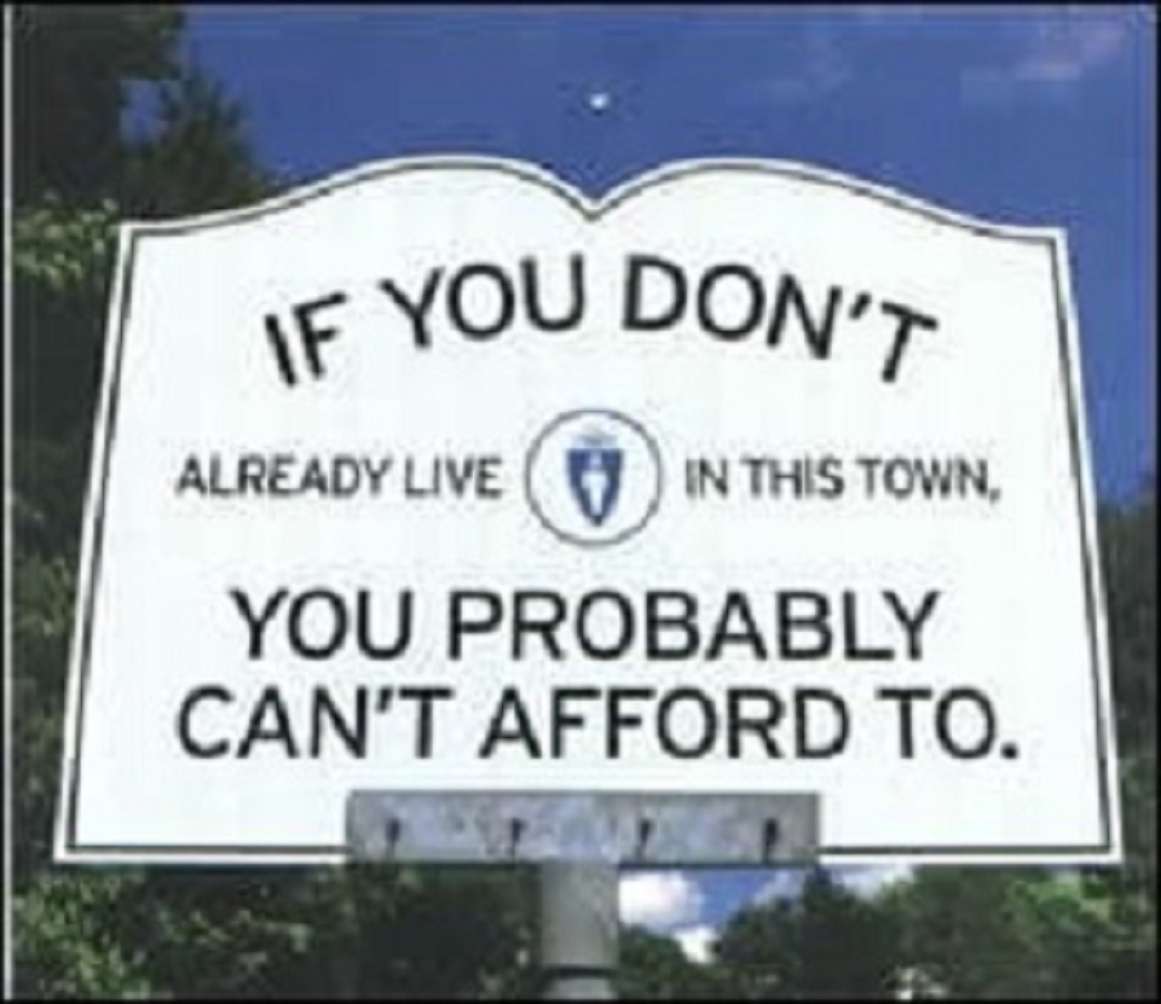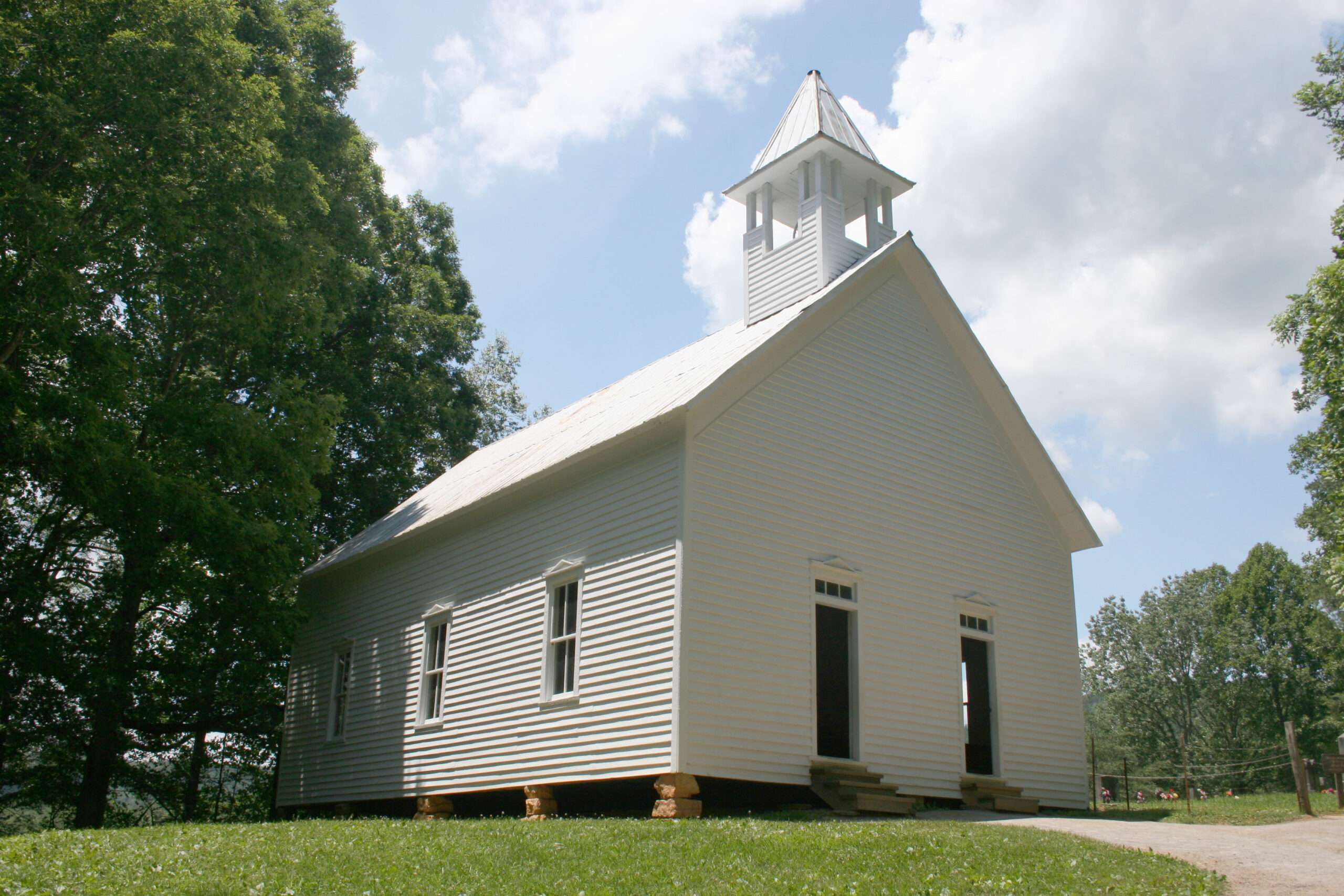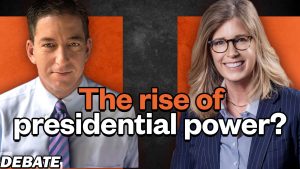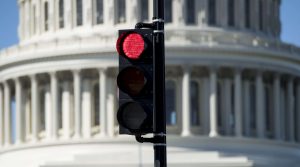Final Published Edition of “The Constitutional Case Against Exclusionary Zoning” Now Accessible
In the recently published article, “The Constitutional Case Against Exclusionary Zoning,” co-authored by Josh Braver and myself, we explore the legal ramifications of exclusionary zoning practices. Exclusionary zoning refers to municipal land-use regulations that enforce restrictions on the types and quantity of housing that property owners are permitted to construct. We propose that such practices are unconstitutional under the Takings Clause of the Fifth Amendment, primarily because they impinge upon property rights. The issue has gained traction as a significant political and legal discourse, capturing the attention of various economists, land-use scholars, and activists who identify exclusionary zoning as a key contributor to widespread housing shortages across the United States. These shortages disproportionately affect low-income individuals and minority populations, thereby limiting their access to essential economic and social opportunities. Such barriers not only inhibit personal mobility and growth but also stifle broader economic prosperity and innovation, resulting in a net loss for the entire nation.
Historically, exclusionary zoning has been legitimized by the 1926 Supreme Court decision in Euclid v. Ambler Realty. This ruling effectively shielded exclusionary zoning from constitutional scrutiny under the Due Process Clause of the Fourteenth Amendment, extending this protection to the Takings Clause as well. Despite growing concern and scholarly discourse surrounding this topic, there has been a notable absence of comprehensive analyses advocating for the reconsideration of the Euclid precedent in modern legal frameworks. Furthermore, few scholars have made substantive arguments regarding the notion that exclusionary zoning should be regarded as a taking that demands compensation. Our article seeks to fill this void by articulating a constitutional perspective that challenges the validity of exclusionary zoning.
The thrust of our argument leans heavily on principles of originalism and various living constitutional theories. From an originalist standpoint, it is critical to recognize that the Takings Clause protects not only the right to exclude others from one’s property but also the fundamental right to make use of that property in a manner that is consistent with its intended purpose. Exclusionary zoning directly conflicts with this right by imposing significant limitations on what property owners can construct, essentially usurping their ability to utilize their land fully. In addition, we scrutinize exclusionary zoning through the lens of progressive interpretations of the Constitution, including Ronald Dworkin’s “moral reading” and representation-reinforcement theory, along with the emerging “anti-oligarchy” constitutional approach.
Within our article, we also examine practical avenues for either overturning or substantially limiting the scope of the Euclid decision, emphasizing the potential for legal challenges to invoke constitutional protections against exclusionary zoning. We advocate for strategies that could harness synergies between constitutional litigation and political zoning reforms, promoting a collaborative approach to tackling this multifaceted issue. By advancing these legal arguments, we support the notion that exclusionary zoning not only violates individual property rights but also has broader societal implications.
Importantly, our collaborative effort between ideological perspectives serves as an encouraging example of how individuals with diverse viewpoints can unite around significant legal and social challenges. Josh Braver approaches the subject from a progressive, living constitutionalist standpoint, while I bring a libertarian perspective that is inclined toward originalist principles. The intersection of our ideas aims to illustrate that a broad consensus can emerge, transcending ideological divides in pursuit of justice and equitable housing solutions. This initiative seeks to challenge prevailing narratives around zoning practices and to reframe the conversation about land use, property rights, and their implications for all Americans.
In conclusion, our article presents a robust argument against exclusionary zoning as a constitutional infringement, calling for a re-evaluation of the prevailing legal doctrines established by the Euclid decision. By engaging in this discourse, we aspire to stimulate further scholarship, advocacy, and legislative reform that address the pressing issues associated with housing accessibility and property rights. The goal is to not only challenge existing practices but also to pave the way for more inclusive and economically viable communities. We invite others across the political and ideological spectrum to join us in this dialogue to promote fundamental rights and economic opportunities for all.
Share this content:











Post Comment